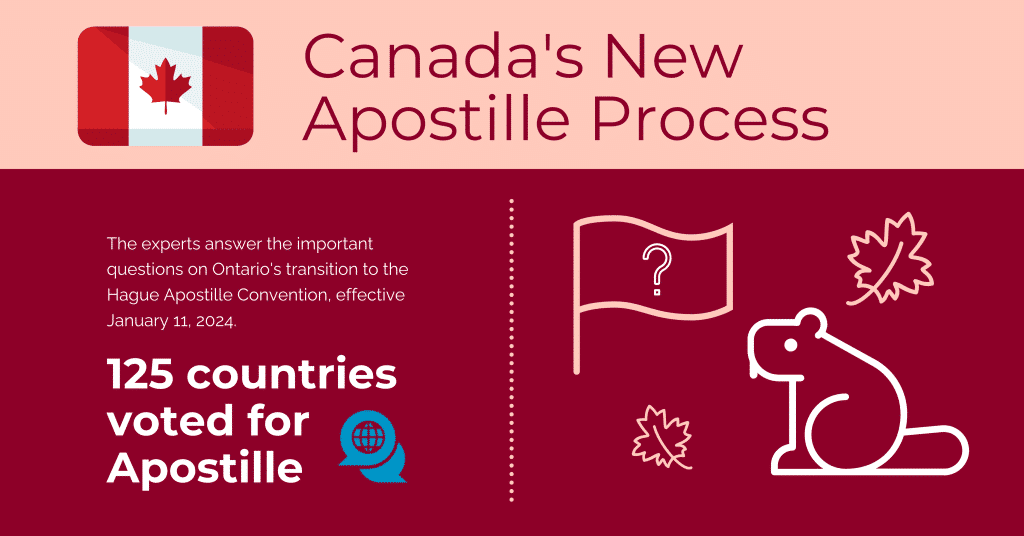
Understanding Apostille Stamps: Expert Insights and Comprehensive Guide
What is an Apostille Stamp?
An Apostille Stamp is an official certification that authenticates the origin of a public document, such as a birth certificate, marriage certificate, or court order. The Apostille Stamp verifies that the document has been issued by a competent authority and ensures its recognition in other countries that are members of the Hague Apostille Convention.
The Hague Apostille Convention
The Hague Apostille Convention, also known as the Apostille Treaty, is an international treaty drafted by the Hague Conference on Private International Law. Established in 1961, the treaty simplifies the process of legalizing documents for international use, eliminating the need for lengthy and complicated procedures involving multiple authorities.
Participating Countries
Currently, over 100 countries are members of the Hague Apostille Convention, which means they accept Apostille Stamps for the recognition of public documents. A complete list of member countries can be found on the Hague Conference's website.
Obtaining an Apostille Stamp
Step 1: Identify the Issuing Authority
In each participating country, there is a designated authority responsible for issuing Apostille Stamps. For example, in the United States, this authority is the Secretary of State's office in each state. In Canada, the relevant authority is the Global Affairs Canada Authentication Services Section, although Canada is not a member of the Hague Apostille Convention. You can read about what to do below in this case.
Step 2: Gather Required Documents
To obtain an Apostille Stamp, you need to provide the original document and, in some cases, a certified copy. Ensure that the document is complete and accurate to avoid delays in the process.
Step 3: Complete the Application Form
Fill out the appropriate application form, which can typically be found on the issuing authority's website. The form will require you to provide personal information and details about the document you wish to authenticate.
Step 4: Pay the Fee
There is usually a fee associated with obtaining an Apostille Stamp, which varies by country and document type. Check the issuing authority's website for specific fee information.
Step 5: Submit the Application
Submit your application, along with the required documents and payment, to the issuing authority. In-person submission is often preferred, but some authorities also accept applications via mail or courier.
Step 6: Receive the Apostille Stamp
Once the issuing authority verifies the document, they will affix an Apostille Stamp directly to the document or attach it as an allonge. The process can take anywhere from a few days to several weeks, depending on the country and document type.
The Benefits of Apostille Stamps
International Recognition
Apostille Stamps allow public documents to be recognized in other Hague Apostille Convention member countries, simplifying the legalization process and fostering international cooperation.
Time and Cost Savings
Obtaining an Apostille Stamp is often faster and less expensive than traditional legalization methods, which can involve multiple steps and authorities.
Enhanced Document Security
The Apostille Stamp verifies the authenticity of a document, reducing the risk of fraud and ensuring the integrity of the information contained within.
What to Do When Apostille Stamps Aren't Applicable
In cases where a country is not a member of the Hague Apostille Convention or the document type is not eligible for an Apostille Stamp, a different process called "authentication and legalization" is required. This involves obtaining authentication from the issuing authority, followed by legalization from the foreign consulate or embassy of the country where the document will be used.
sequenceDiagram participant A as Issuing Authority participant B as Foreign Consulate/Embassy Note over A,B: Authentication and Legalization Process A->>B: Authentication of document B->>A: Legalization of document
Conclusion Trust The Experts @ Global Document Solutions
Understanding Apostille Stamps and the process of obtaining them is essential for the smooth and efficient legalization of public documents for international use. By following the steps outlined in this guide and familiarizing yourself with the requirements of the Hague Apostille Convention, you can ensure that your documents are recognized and accepted by member countries. For those instances when an Apostille Stamp is not applicable, consular legalization remains an alternative option. Regardless of the legalization method, always consult the relevant authorities and professionals to ensure your documents meet the necessary standards for international recognition.
